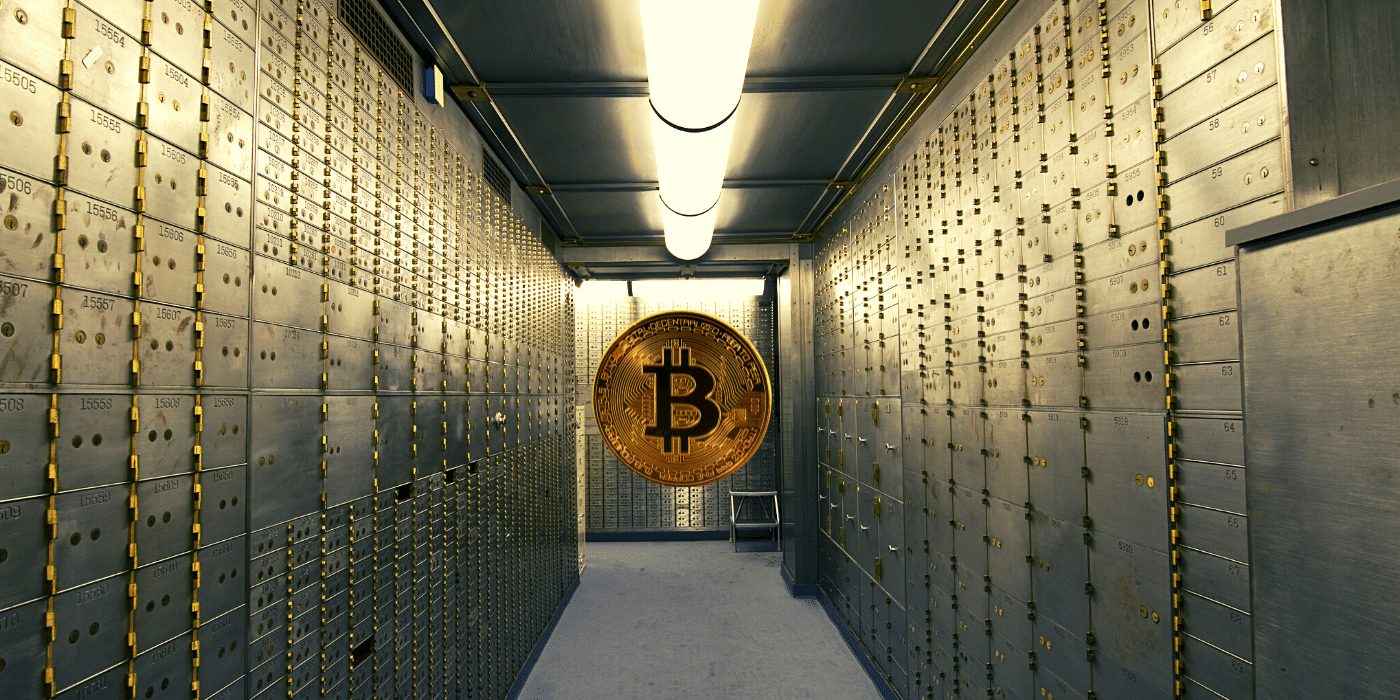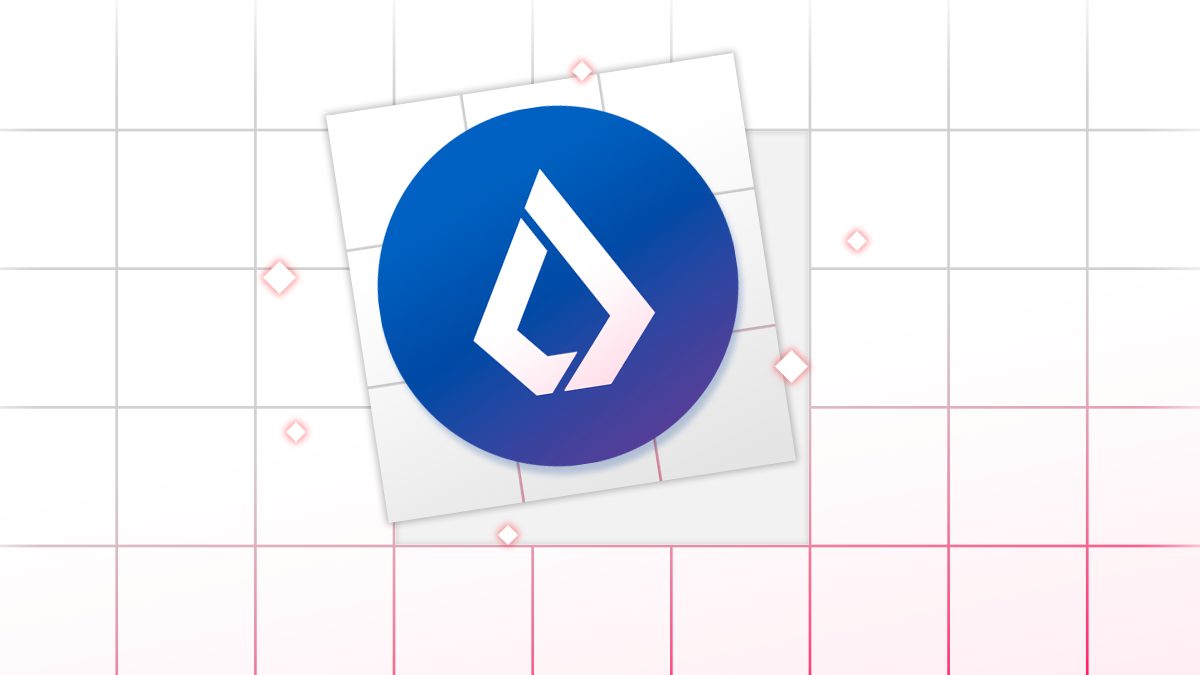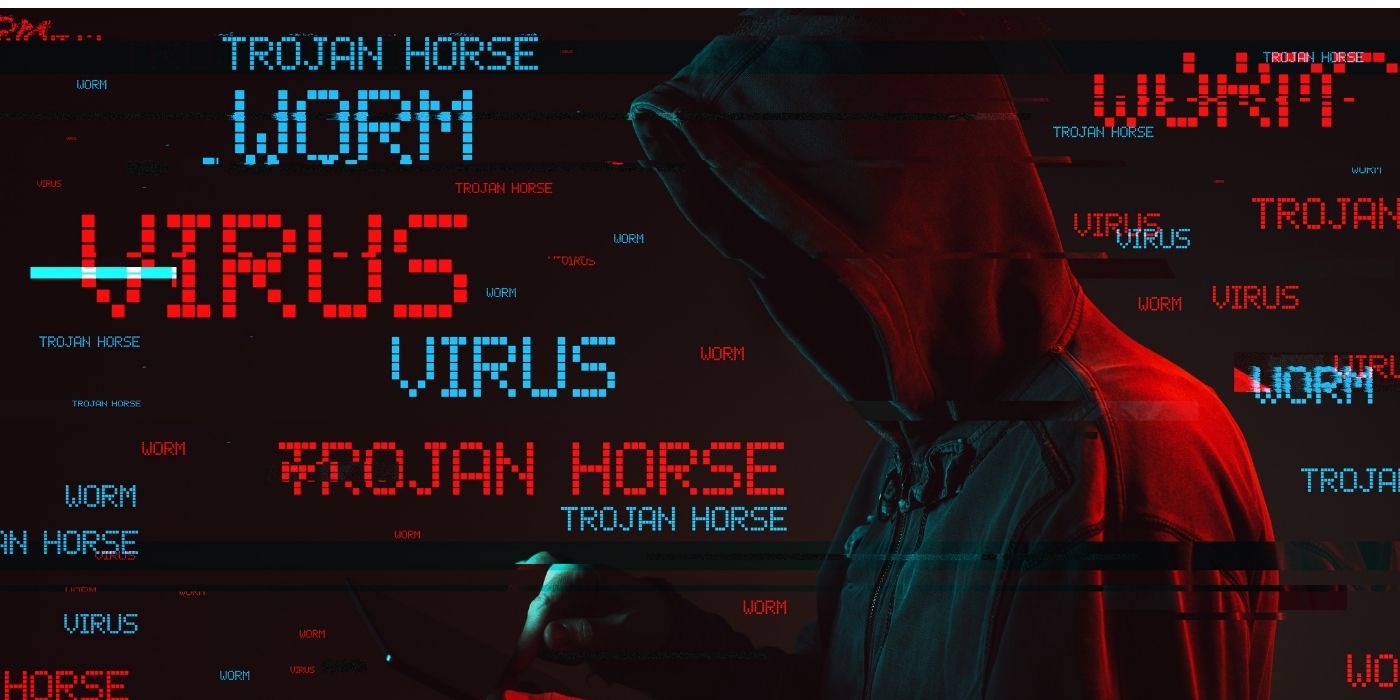The Dutch family who sold all their worldly possessions to go all-in on bitcoin are now happily living in Portugal (among other exotic places), sitting pretty on their fortune of digital gold which is being kept safely offline on multiple cold storage wallets.

Selling It All for the Bitcoin Dream
Didi Taihuttu, his wife and three children liquidated all their assets to buy as much bitcoin as they could in 2017 when the BTC price was just US$900. They won’t say exactly how much they have, but let’s do some rough maths. Say they invested just US$50,000 at $900/BTC. That’s 55.56 bitcoins multiplied by US$50,000 (approximate worth of bitcoin today), equating to about $2.8 million.
Decentralised Hidden Treasure vs Centralised Storage
The family stores almost three-quarters of its crypto fortune in secret vaults across four continents. The remaining wealth is kept liquid for more precarious bets, day trading, and risky GIGO (go-in-go-out) shorter-term investments. Taihuttu says he has two hiding spots in Europe, another two in Asia, one in South America and a sixth in Australia. The goal for the near future is to have a stash on each continent across the world. Taihuttu aims to do this so it is easier to access his holdings when and if he needs to.
There are, of course, other options for storing your cryptocurrency safely offline. Centralised vaults like Coinbase-owned Xapo offer high levels of security, but Taihuttu says it feels too centralised to him: “I prefer to live in a decentralised world where I have the responsibility to protect my capital.”
To learn more about what’s been dubbed the “Bitcoin Family”, follow them on their YouTube channel and Instagram page.
Click here to read more about why cold storage is a great solution for those with a large stash that they don’t intend to trade in the near future.





